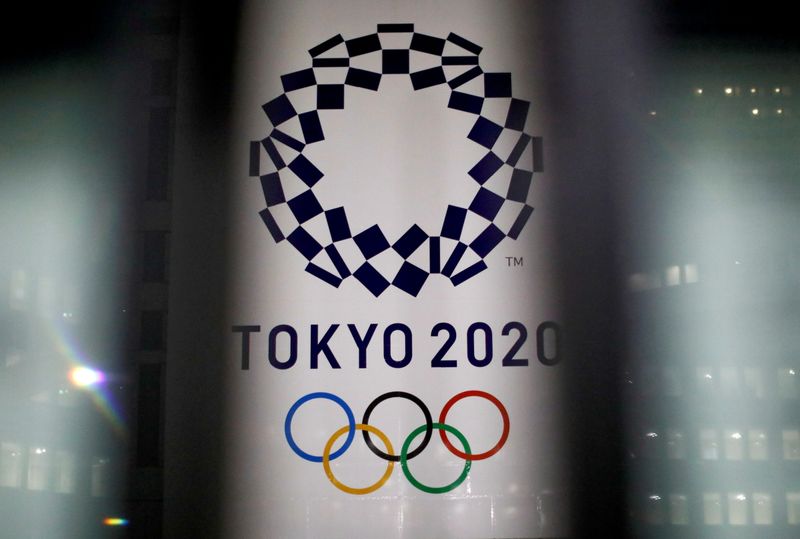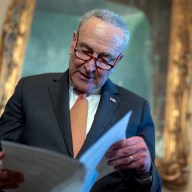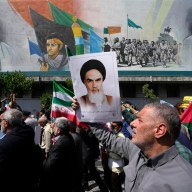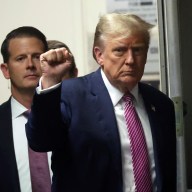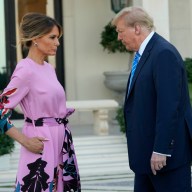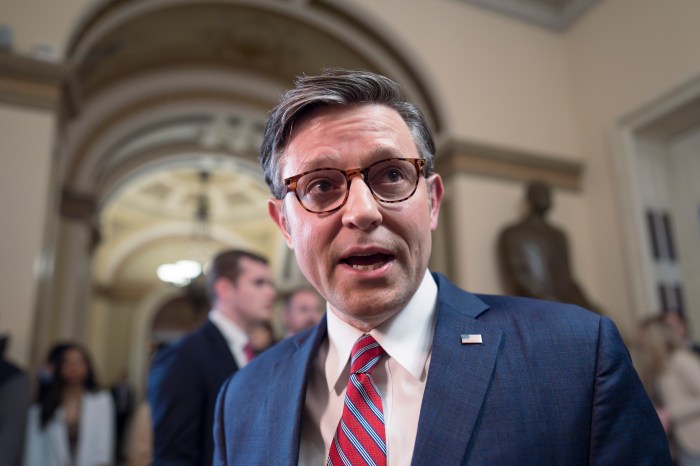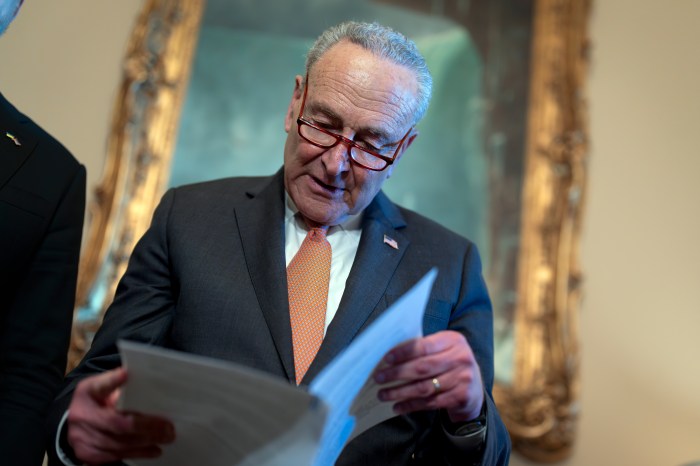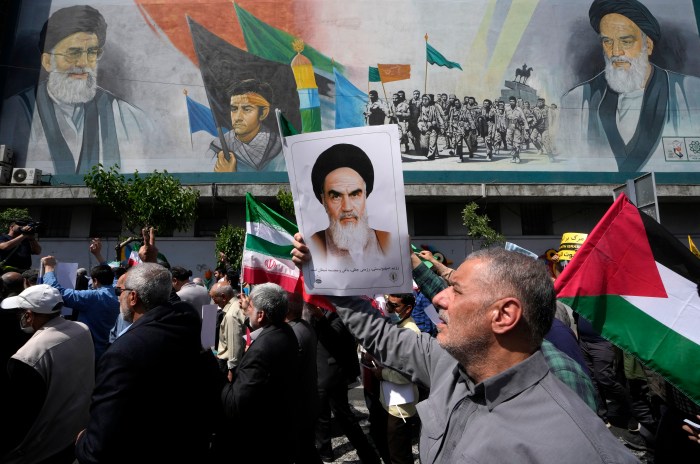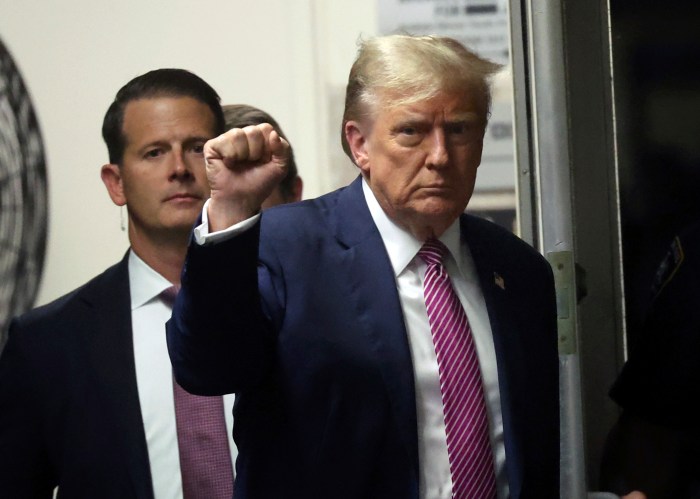TOKYO (Reuters) – As the clock ticks down to the opening of the Tokyo Olympics on July 23, just a month away, Japan is preparing to host a Games like no other in history, as it grapples with the coronavirus pandemic.
Although the global situation has improved from a year ago, when the Games were postponed for the first time except for war, flare-ups of the disease worldwide mean organisers must hold the sporting extravaganza under strict rules to limit the spread of the virus.
Here is a look at the circumstances of these unprecedented Olympics, the second time Tokyo has hosted them since 1964.
SPECTATORS
Foreign spectators have been banned, and organisers have put a cap of 50% of venue capacity, up to a maximum of 10,000. Prime Minister Yoshihide Suga does not rule out holding the Games without spectators if Tokyo is put back under a state of emergency, from which it emerged on June 21.
Shouting will be prohibited, masks will be required and spectators will have to go straight to the venues and then straight home.
PUBLIC OPINION
While recent opinion polls show some shift towards approval for the Games, earlier surveys revealed that 60% to 80% of respondents would have liked them either cancelled or postponed again. A recent survey by broadcaster Asahi News Network found nearly 70% thought the Games would not be held safely and securely.
The Games have already lost meaning and Japan has been “cornered” into pressing ahead, Kaori Yamaguchi, a member of the country’s Olympic panel and a judo medallist, wrote in an opinion piece this month.
BUSINESS ATTITUDES
By the end of May, a growing number of investors in Japanese stocks believed that cancelling the Games would be better for the market. At the same time, a Reuters survey found that nearly 70% of businesses also wanted either another postponement or cancellation.
Many sponsors had been uncertain how to proceed with sponsorship events until they knew for certain if spectators would be allowed.
Some business leaders have been even more outspoken. In May, Hiroshi Mikitani, who heads e-commerce giant Rakuten Group Inc, said Japan’s low vaccination rate made it a “suicide mission” to host the Games.
MEDICAL SITUATION
Doctors have warned the Games’ need for medical staff could pressure a healthcare system already stressed by caring for virus patients, and officials in some areas have said they would not prioritise Olympics-related patients.
Organisers, though, said in late May they had lined up about 80% of the staff needed, with target numbers cut about a third from 10,000 originally.
Organisers are working with 10 hospitals in Tokyo and 20 outside the capital to ensure a swift response to emergencies.
Repeated warnings on the Olympics from the government’s top medical adviser, Shigeru Omi, have included remarks to parliament in early June that holding the Games during a pandemic was “not normal”.
The World Health Organization said on June 21 it would discuss managing COVID-19 risks with Japanese authorities and the IOC.
(Reporting by Elaine Lies; Editing by Lincoln Feast.)

